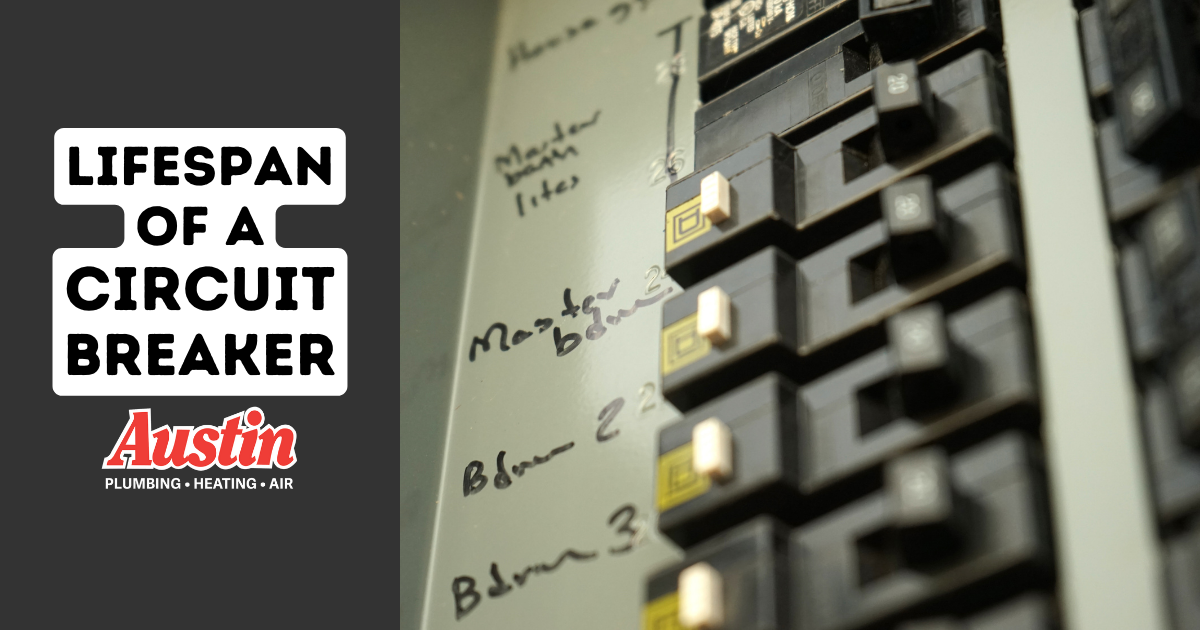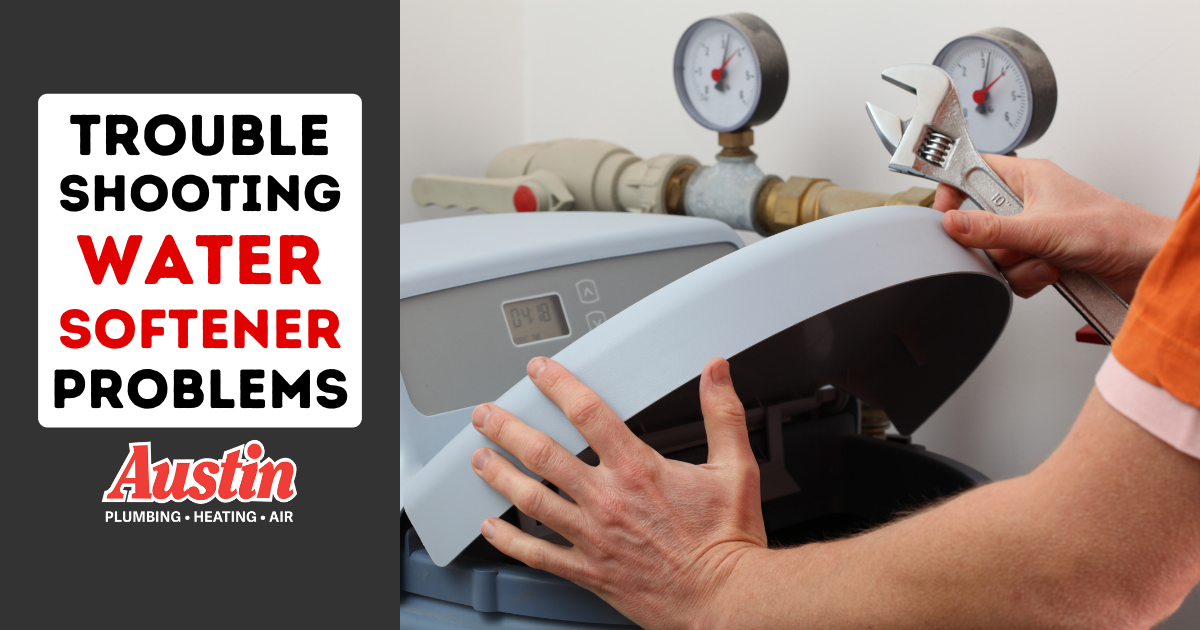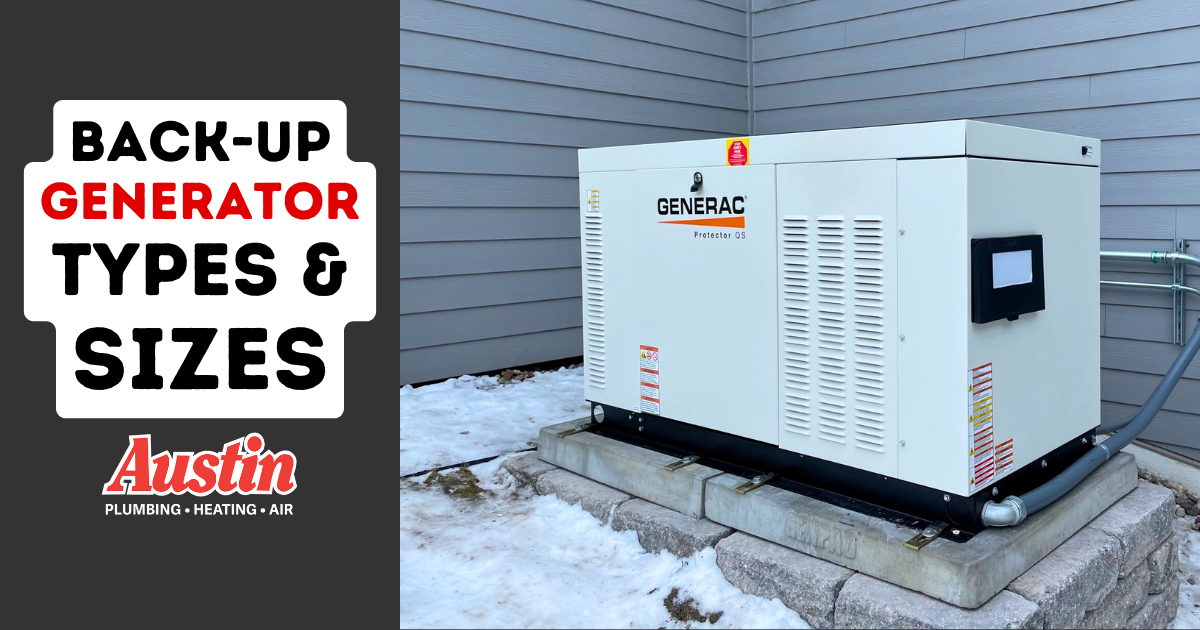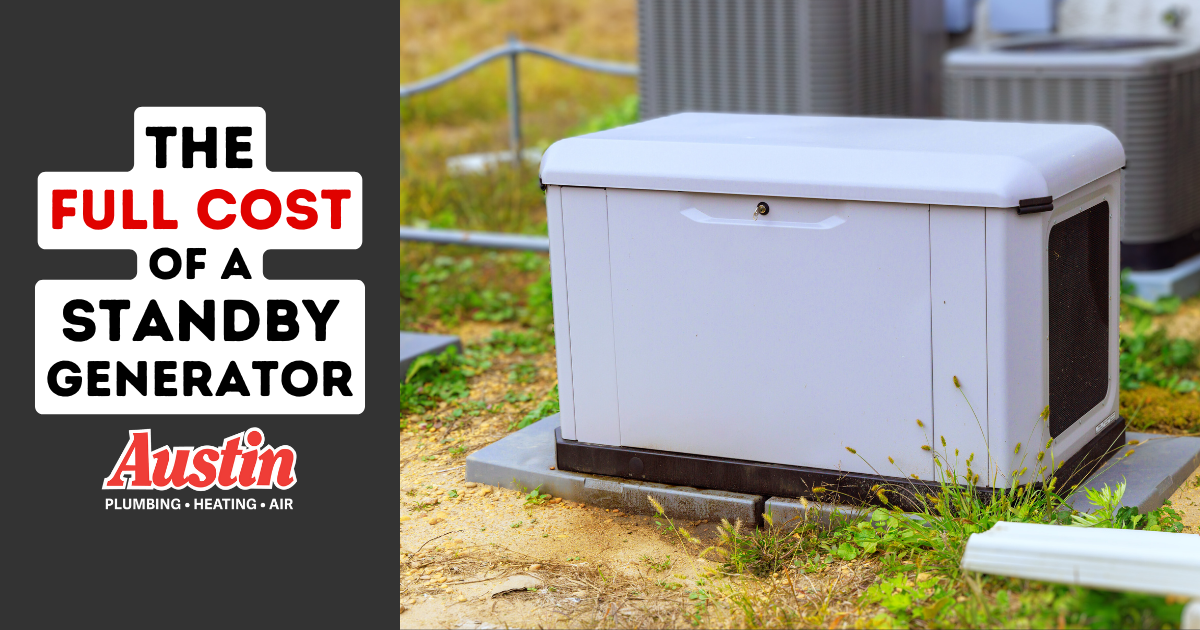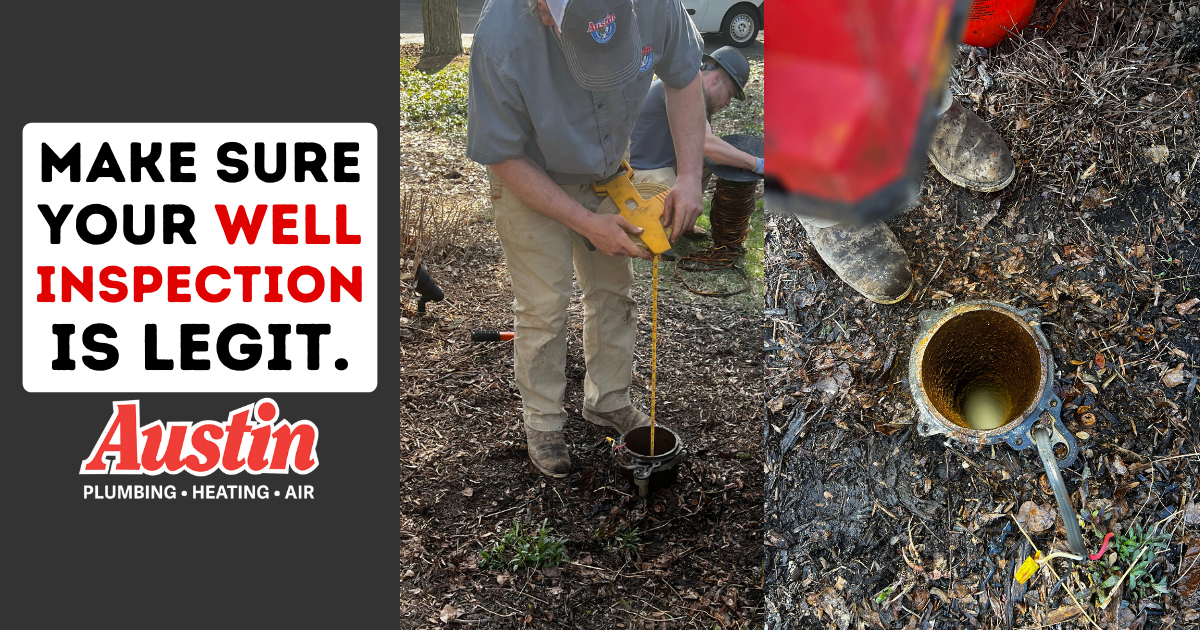Why Your AC Isn’t Working Right: A Step-by-Step Troubleshooting Guide
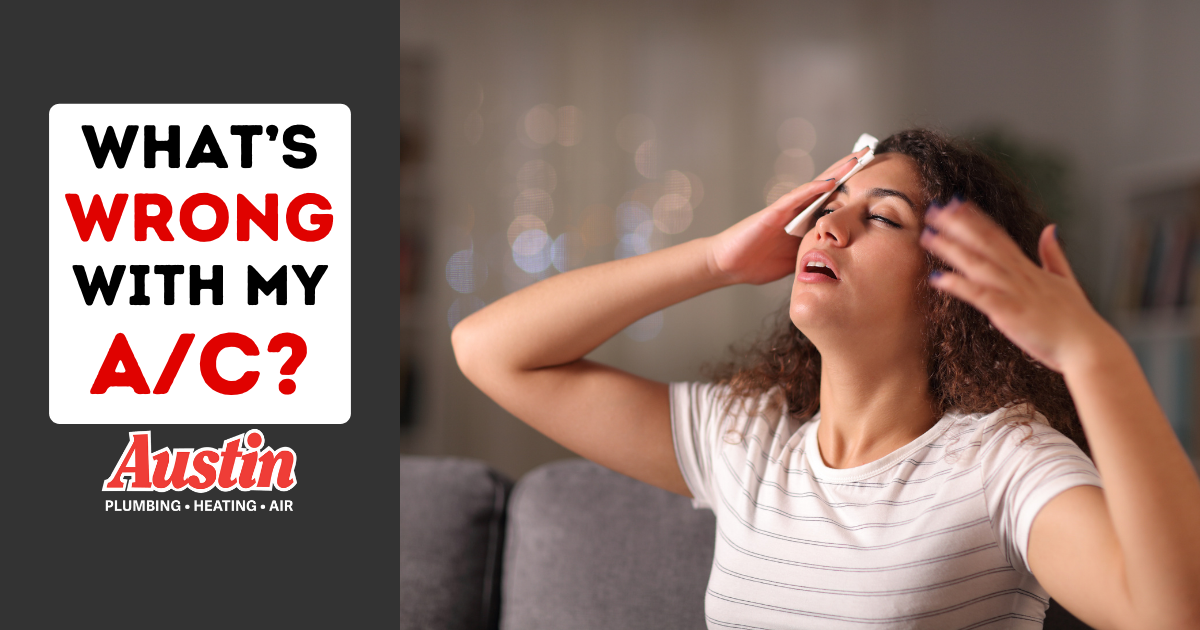
Our Master Tradesman lays out the signs, symptoms, and solutions for when you find yourself asking, “Why is my AC not working?”
A malfunctioning air conditioner can rapidly turn a sunroom into a sauna-especially during the blistering-hot summer months. You’ll want to act quickly to rectify the situation. But what if you’re not sure where to start?
Use the information in this guide to help you identify the root cause of your AC troubles and find out what solution is right for your particular situation.
Overview: Four Major Signs of Underlying AC Problems
Let’s start with the four most commonly reported experiences relating to AC performance issues. If you see your issue on this list, you can click on it to skip straight to the relevant section of the article:
-
Insufficient cooling
-
Failure to Start
-
Strange Noises
-
Frequent Cycling
Are you experiencing more than one of the issues listed above? No sweat. Sit back and read along to learn what they mean and how to address them.
Symptom #1: Insufficient Cooling
Familiar with the frustration of having an AC that will run, but just won’t seem to provide adequate cooling? It feels like the answer is just out of your reach; like if you could just spot the problem, you could definitely save your air conditioner somehow. In fact, depending on the root cause, this is often the case!-but not always. Insufficient cooling may be attributable to a number of factors, such as:
Inadequate Airflow
When airflow in and around the unit is hindered, that can diminish the cooling efficiency of your AC system to the point that it no longer does its job effectively. Fortunately, restoring proper airflow should return the AC to normal working order. Pay special attention to:
- Air vent blockage: Ensure that air vents and registers are unobstructed by furniture, curtains, or other objects that can impede airflow. Clearing space around your vents is something you can do by yourself to enhance air circulation, often leading to fast, noticeable improvement in your AC’s cooling ability.
- Ductwork interruptions: Leaks, gaps, or disconnected ducts can also hinder airflow. Professional duct inspection and repair may be necessary to restore proper airflow.
- Dirty evaporator or condenser coils: Dust and debris accumulate on the coils over time, restricting airflow and reducing cooling capacity. Depending on the situation, you may be able to address this by making a habit of regularly cleaning the coils, but professional maintenance may be a necessary intervention.
- Air filter clogging: A clogged air filter can also restrict airflow and, depending on how dirty it is, drastically impede the cooling process. To help your AC regain optimal performance, first replace your old air filter. To make the new one last longer, you should resolve to clean it regularly.
Refrigerant Leaks
Airflow may not be your (only) problem: refrigerant is also non-negotiable for the health of your air conditioner. Low refrigerant levels due to leaking may be the culprit preventing your air conditioner from cooling your home properly. In this case, not only are you lacking a crucial component of a functioning AC system, but the problem will persist until the leaks are fixed. You’re going to need the help of a professional technician on this one, who can locate and repair any leaks before recharging the system for you.
Faulty Compressor
The compressor is the heart of the AC system. If your compressor malfunctions, compromised cooling capacity is likely to follow. This is another issue that will most likely require professional inspection and repairs, but it’s an issue that’s worth the cost to fix!
Symptom #2: Failure to Start (AC Not Turning On)
Although it’s never a good feeling when your AC refuses to start, it feels even worse when there’s an extreme heat spell going on. Don’t try to “tough it out”. Prolonged high temperatures can make staying in your home genuinely dangerous, especially if you have young children, indoor pets, elderly residents, or are currently recovering from an illness.
If you haven’t encountered this problem-and we hope you never do-we recommend saving this article just in case you need it in the future. Here are the reasons your AC might fail to turn on:
Thermostat Issues
No need to panic just yet. Go ahead and make sure your thermostat is set to the desired temperature and in the correct mode (cooling). If your AC simply isn’t responsive even when the thermostat reads correctly, the solution might be as simple as replacing the batteries. Additionally, consider upgrading to a programmable thermostat for better control over your home environment.
Power Supply Problems
First, verify whether the AC unit is receiving power. It’s always possible that you’re dealing with a tripped circuit breaker or that your disconnect switch isn’t properly engaged. On the other hand, faulty wiring or a blown fuse may require professional attention.
Capacitor Failure
The capacitor provides the jolt of electricity needed to start the compressor and fan motors. The AC will not start if capacitors have failed. Professional capacitor replacement is the way to resolve this issue.
Symptom #3: Strange Noises (and what they mean)
Picture lying in bed on a sweltering night, trying to cool off so you can get some sleep, when suddenly you’re bombarded by the sounds of a noisy poltergeist. Granted, this can certainly give you the chills…but not the good kind of chills!
The rational explanation for these sounds? Your air conditioner is probably trying to tell you something. Lucily, the AC whisperers at Austin Plumbing, Heating & Air can tell you what it’s saying. Listen for the following:
Rattling Sounds
Components within the AC unit can loosen over time due to the regular, everyday vibrations of a functioning system. Eventually, this loosening causes the parts to rattle against each other incessantly. Tightening or replacing loose parts will take care of this issue.
Squealing & Screeching
High-pitched noises may suggest a worn-out belt or motor bearings, in which case lubrication or belt replacement can alleviate the problem.
Hissing or Bubbling
Refrigerant leaks, in addition to killing your AC’s cooling functionality, can produce hissing or bubbling sounds. When you hear this, it’s time to call in a professional repair to fix the leaks and recharge the refrigerant. (Especially when hissing/bubbling sounds coincide with insufficient cooling, the signs are almost certainly pointing to a refrigerant leak as the cause.)
Symptom #4: Air Conditioner Cycling Frequently
If it seems like your AC is constantly cycling on and off, you’re not imagining it. One or more of the following problems is probably at work behind the scenes:
Dirty Condenser Unit
When dirt covers the surface of a condenser unit, heat cannot dissipate efficiently. Thus, the air conditioner will try (ineffectively) to compensate with frequent cycling. Just cleaning the unit can dramatically improve performance. In fact, an AC with a clean condenser will actually cycle less while cooling more.
Incorrectly Sized AC System
An oversized or undersized AC unit may cycle more frequently than it should. Unfortunately, this is one of those cases without a DIY solution. You’ll have to consult with a professional who can help determine the appropriate system size for your living space.
Improper Thermostat Placement
Placing a thermostat near heat sources can result in temperature fluctuations and frequent cycling. You will need to relocate the thermostat in order to stop this from happening.
Did we help you solve your AC mystery?
We try to empower our clients to make informed decisions by offering a thorough understanding of the problems you may face. Sometimes, you just need professional assistance-that’s what we’re here for.
Feel free to call us at (262) 367-3808 with any AC questions you have so we can help you get back to enjoying your summer ASAP. Stay cool, Wisconsin!

